your self-sufficiency is selfish: you're only human because you exist among others
Letters to the Ether: S2E7: on wanting to be bothered by the people you love
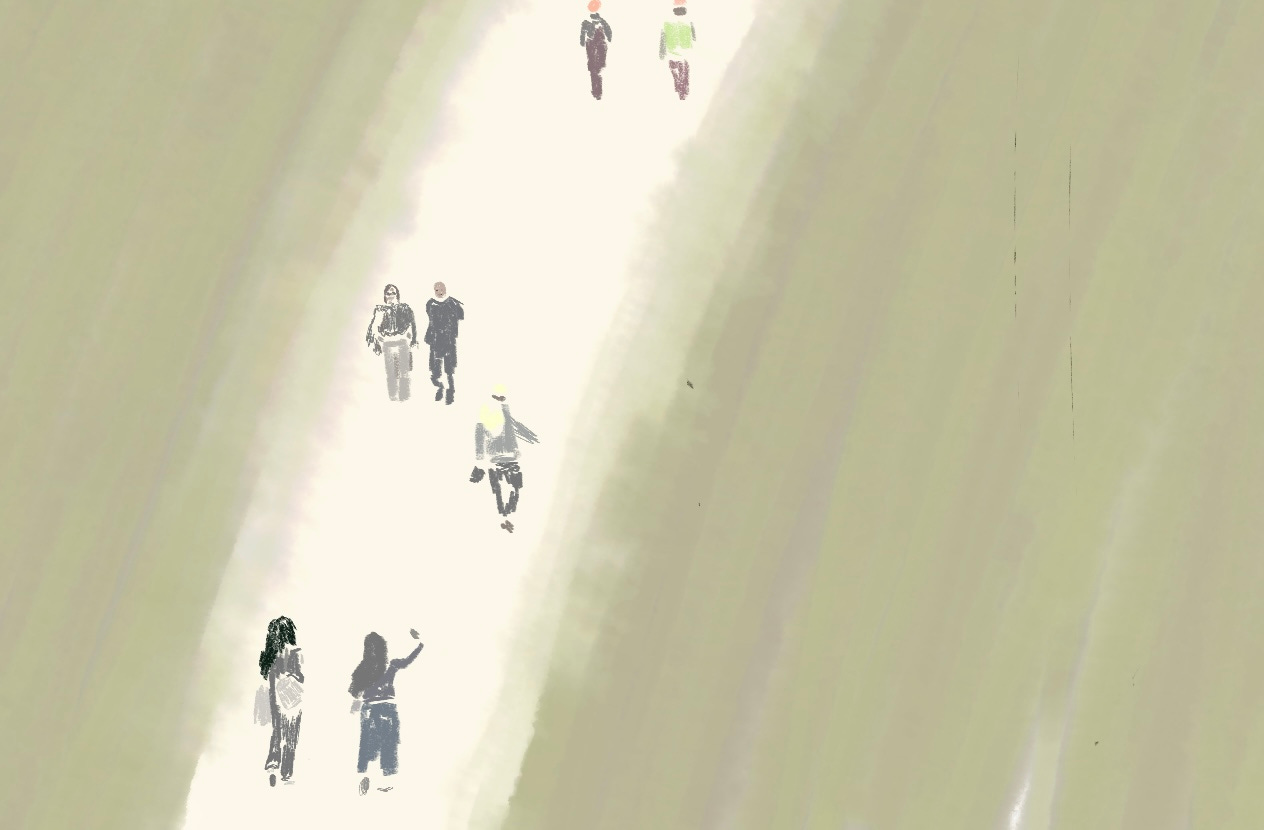
Dear whomever,
I struggled with panic attacks for a good chunk of my formative years. The thing about having a panic disorder is that it spins into self-reinforcing loop1: I am so worried I’ll lose control here, that it causes me to lose control. You stop thinking about your triggers, really, but the fact that your body has this tumultuous reaction to them: the entire world becomes a trigger. Everything is dangerous, then. Your life turns stagnant: to remain still and isolated is the only way to stay calm. So that’s exactly what you do.
Fearing the panic itself is exhausting—but on top of that, you fear people’s reactions to it, which is often their own low grade of panic, too. And fear. And confusion. And if you’re particularly unlucky, anger. Frustration. For many years I would hide in bathroom stalls when breathing became difficult—and still to this day I find respite in bathrooms, whether it be an overwhelming party or a long day at work—because no one would question: no one would ask things you just cannot answer. It is a cultually accepted moment of unbecoming.
My cycle of panicking—hyperventilating, becoming faint, sobbing—is incredibly significant to me, which is why I write about it often. Not only did I become familiar with the idea of death, not only did it kickstart my becoming, solidified my empathy, but it also taught me a very important lesson at a young age: the importance of communication. It’s a repeated idea, I know, what with the influx of therapy talk and the watered down philosophies we get force-fed on our screens. We’ve got it all wrong, thought, and have this added pressure from society to behave perfectly. When I say communication, I mean expression. Not the monthly meetings with your partner to discuss where things are going, nor the AI-generated text about “Do you have the emotional/mental capacity for me to vent to you?” but raw unveiling—one human, to another. In the most messy of senses. Yes, it is the mess that is most vital.
We have tried so hard to optimize communication, as we have optimized our world. And, as a natural continuation, we attempt to optimize the self.
Trying to control my panic attacks was an attempt to optimize my self—it continued to backfire. I tried different rituals: ice-cold showers in the mornings, EFT tappings, eating balanced food. I read articles, I watched videos, I paid for coaching. But my search for perfection led to only more panic. Like a volcano just preparing itself to explode. The desperation for self-sufficiency is, itself, a loop. You will never reach the end of it.
Because panic attacks aren’t exactly triggered by a specific thing, they would occur haphazardly, though most often—in response to being in an overwhelming environment. A busy mall, for example. Or, well, a fight. I can remember a handful of my panic attacks in detail, because the reaction of my onlooker(s) have been seared into my mind. Maybe it’s because I write, but somehow I’ve learned to slow the world around me when I feel I am experiencing a significant moment. My sister and mother, staring down at me from an escalator, trying to calm me. Amal. Amal. Look at me. Hey. A parking lot, with people trying to understand. Amal. Amal. What happened? What’s wrong with her? and my brother, bless him, shutting me inside a car for privacy and telling everyone to back off. The most vivid was my lesson, of course, which led me to where I am: mentally ill, still, but without sudden onsets of panic that I could not really anticipate.
It was my first-ever concert. A hoard of people, and within them, three of my close friends. Panic begins with the breathing—which turns into quick, short, rapid breaths. After my breathing, it goes to my heart, and I feel its beating with an unnatural sort of focus: often I start trying to count the beats, attempt to decipher if they’re going at a normal rate. With the noise of drums and guitar around me I couldn't differentiate between what was inside me and what was outside of me, so the attack lulled into everything. The jumping crowd mimicking the fast-beating terror of my heart.
My best friend at the time, a girl with chocolate brown hair and a soft smile, pulled me aside once she noticed how badly I was shaking, on this hot summer night. She lead me to a quieter area beside a porta-potty, and she did that thing everyone does, repeating words as though to jolt sense into you: Amal. Amal. Amal. What’s wrong? What happened? Are you hurt? Amal. Amal. Amal. And while it’s a valid sort of human instinct, in response to a person you love losing their shit, the urgency in their voice over the confusion of your body just adds so much to it. When they try to get you to talk… it makes it harder. What’s happening? they always ask. I don’t know. I don’t know.
But that night I did a simple thing that proved miraculous. I said, “This is a panic attack—” between heaves, between sobs, “I’m just having a panic attack.”
For once, the onlooker of my pain’s face softened from distraught and into an understanding. She sat me down, placed her hand on the small of my back, and instructed me to breathe with her. She bought me water. But it wasn't just about her understanding: it was also the first time that I had said it aloud. It’s just a panic attack. A response my body sometimes gives when it feels it’s in danger. A signal that I must ground myself. Just a panic attack. It hurts but it is of no real danger to me. Just.
It was the quickest an attack was resolved. And, from then on, I became very open about these things. Instead of sitting in a corner or a dark room letting the dread fill me until I burst, I would say it. I would simply say it. It made it less overwhelming. You’d think it a small discovery, an obvious one, but there is power in voicing fear: it makes it all crumble.
The inconvenience of my attacks remained, of course—the frustration people had when dealing with them. But they dealt. That is something very gentle, and incredibly reassuring about our human nature. Sometimes I couldn’t really pause enough to say what it was, and in fact, oftentimes I would lose myself in the idea that I was dying. But because I voiced it before, even briefly, they understood. They could tell me: Hey, this is just a panic attack. Try to slow down.2 Many of them—not all, of course—chose patience rather than anger. They chose love.
Often I think of this tumultuous period of my life with a lot of wishful thinking—like, I wish I was a normal kid. But there is a lot of understanding, as well. Maybe, like my mom says, I was lucky to learn these lessons so early. She claims it saved me the pain of learning them later on. I don’t know.
Though my openness triggers people to this day—it is what saved me.
Instagram has been feeding me more content on this topic—community, friendship, love—and these words have been spinning around in my head for a while. I began writing this piece when I came across this reel, in which Simon Sinek says “I want to be bothered by the people I love.” It made me think of the many times I bothered that curly-haired girl, so many instances of my crying and panicking and anxiety. And she would hold me, or soothe me. Another friend who’d slow the car down and breathe with me, and other times leave a gift at my door when he knew I was going through a rough patch. There was so much guilt—for bothering them so much. But would I have survived until now without being a bother?
And would they have bothered with me, if I hadn't bothered with them? If it wasn't a sort of mutual exchange?
“[…] for anybody who says ’I don’t want to bother anyone with my problems’—like how dare you deny them the awesome honor of getting to hold space with you and sit in the mud with you and give eight minutes of their life… just to let you know you’re not alone. Not to fix things, just to let you know that you’re not alone in whatever you’re doing.
And sometimes it’s not deep, emotional stuff—sometimes, like, I don’t know how to solve this problem, and it’s silly stuff, but the thought that we don’t want to bother our friends is unbelievably selfish. Bother me. I want to be bothered by the people I love. That is what reinforces my love for them.”
—Simon Sinek, from what I assume is his podcast. Linked above.
Hearing those lines, it was as though he put into words something I’d felt for a long time, but couldn’t pronounce. It’s not that I detest selfishness—in fact I believe to be selfish is an important part of survival, a skill which I oftentimes lack—but connection is also an important part of survival, and we seem to forget, more and more these days, that this is the case: that we must be able to stand on our own feet, but we must also be able to fall—and have people to catch us. We cannot learn to fall without trusting someone will break that fall. So we must fall. And we must keep catching others falls, so they will want to catch us.
Being alone—forcing ourselves into total self-sufficiency—will only cause destruction. Within. On the surface, too. It will break the cathedrals you thought you loved, burn down homes you’ve built with others. I know that you believe you are sparing them, but what you’re truly doing is taking away their agency: you are deciding on their behalf that you are a burden. It scares you, I know, that they could leave. That they could walk away. But the only way you can prove to yourself that others want to hold your weight is if you allow them to try. And so you’re hurting yourself and you are hurting others, too. A self-fulfilling prophecy.
complete independence from other does not exist
We’re always being told that codependence is the worst thing you can do. It’s toxic. It’s unhealthy. Relationships stunt your growth as an individual, being locked down is BAD. You have to love yourself to be loved. This is actually all wrong. One of the most paradoxical yet profound truths is that the stronger the emotional foundation is between two people, the more likely they are to grow as independent individuals. Attachment theory tells us, anyway, that complete independence from each other does not exist. There is only effective and ineffective dependency. Regardless, you are always dependent on others. Humans are social creatures.
I know this may seem counterintuitive—we associate emotional dependence with closeness and connection. But when two people are comfortable and secure with one another, they are more likely to feel safe. That trust allows them to go out into the world, pursue their own goals, and navigate challenges on their own. It is the safety of their connection that enhances their sense of independence, you see? When partners/friends help each other manage emotions, called emotional co-regulation, not only is their bond is strengthened, so is their resilience and self-confidence.3 Well, of course. Of course.
I’ve spent so much of my life wishing myself quieter. Less emotional. I’d lay in bed at night and just try to think of ways I could be more mysterious, elusive. Guarded. Often, growing up, I’d wake in cold sweat in the middle of the night and delete my Instagram. I don’t know why. I do that sometimes still. There is a deep feeling of shame at being: at wanting to connect: at wanting to be seen.
Especially over the last year, I’ve felt infantilized for my openness, rejected due to my sensitivity. I keep knocking on the doors, rarely do they open. Perhaps that’s strength. Perhaps it’s naivety. The latter is more likely, but, alas. I have fallen a million times and only a few have been brave and kind enough to hold me. It must be statistical then, somehow. Maybe it’s luck. But I have found that love: deep and true and intimate. And I know it is lucky to have found that love.
Control isn’t the goal, like I tried to control the panic that seeped into my veins, like I tried to control who I am. Connection is. Letting someone see you unravel—and choosing to stay anyway. That’s what keeps us alive.
When Simon Sinek describes the act of people actively trying to hide their pain from the people they love as “selfish”… things came together. A thought process of mine was uncovered.
Selfish is a loaded word. Like communication is. It makes one wince, or feel attacked. When I think it of others, I try to shake the idea from my mind. It feels wrong to use it to describe people—selfishness can be a spectrum. And, like I said, to be selfish, in some way, is to care for yourself. You need to be selfish to set boundaries, for example. I lack the practice of it. Instead, all my life I have attempted to connect, deeply, with people I love, with complete selflessness, and would often inevitably meet with a sort of invisible wall (which I kept trying to climb). This is not a gift. Regardless, I would think it: You’re so selfish, I let you see my pain, but you won’t even gift me with some of yours. I’d try to shake it off, but it would come back again: I love you and I want to help you. You’re so self-involved, you don’t even believe that I want to help you. You don’t even consider it an option. You don’t even understand that being of help to you—that you even trust me to be of help—makes this deeper, makes this all the more special.
It saddens me the lengths we go through to remove ourselves from others. Maybe, outwardly, I am one to hold on: one to speak: one to want without remorse. See me! See me! See me! But I still must face my reflection in the mirror, and indeed try to muzzle my emotions, try to detach from those I love. Try to suffer alone, in silence. It is what I’ve learned is the best way to be. They say you’ll be happier if you are removed from life. As a society we seem to believe this is the way to be: it is the polite thing to do. Many of us do it visibly—proudly. We cut ourselves off from others, ego steadfast. I did this a lot in highschool: deleting friendships like they were digital: isolating myself and pretending that was the marker of a winner: forcing myself to keep from sharing my writing and ideas: faking that I was stronger alone.
But you can't win at life—we are all losers here.
I see it everywhere, all around; it is marketed to me across social media. Detach. Fix your anxious attachment. Disappear for 6 months and glow up. I don't chase, I attract.
But there is no strength in loneliness. No power in detachment.
My vulnerability feels like a liability, sometimes: people can’t stand it in themselves, in society, and they can’t bear it when they see it in me. I sound prideful of my sensitivity: I am not. It is as much of a curse as it is a gift. A delicate balance I have not yet perfected. But I keep reminding myself: speaking and being is the only thing that has truly healed me in any practical sense.
The cycle goes on: so many hate it in me that I begin to hate it in me, too. And then the necessary protocols, the isolating, the hating, the crying. I try to optimize myself into the perfect human, but then—well—I write a long piece on Substack and get a comment, or a friend comes and cooks dinner for me, or someone I love sends paragraphs of meandering and frustration and upset, looking to me for comfort. Or the boy on the date tells me he’s scared, but trying. Or my friend texts me when I deactivate my Instagram, knowing me better than I know myself, asking: Are you okay? And I remember. Oh.
Oh.
This is what life is all about.
Leaving you with this reel about outsourcing pain—it’s funny, and so real. When I watched this, I remember a story my mother told me: she was at my dads funeral, in utter shock, and her friends kept trying to make her laugh. My grandmother scowled at them, but my mom said that she probably would have had a heart attack if it wasn’t for their laughter pulling her back into her body.
Sometimes, you’re at capacity. Outsource. Bother. You are loved. It really takes a village.
I hope you find yours.
With love,
Amal
To be loved is to be known :)





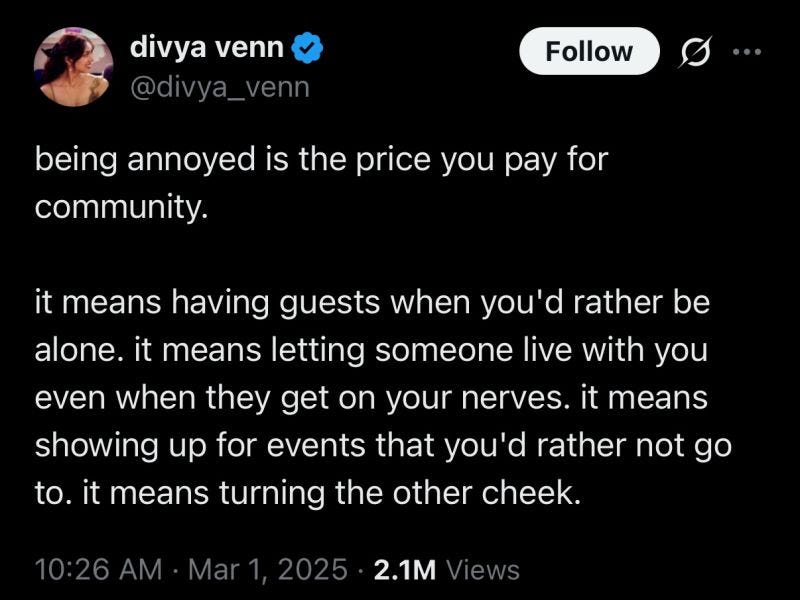
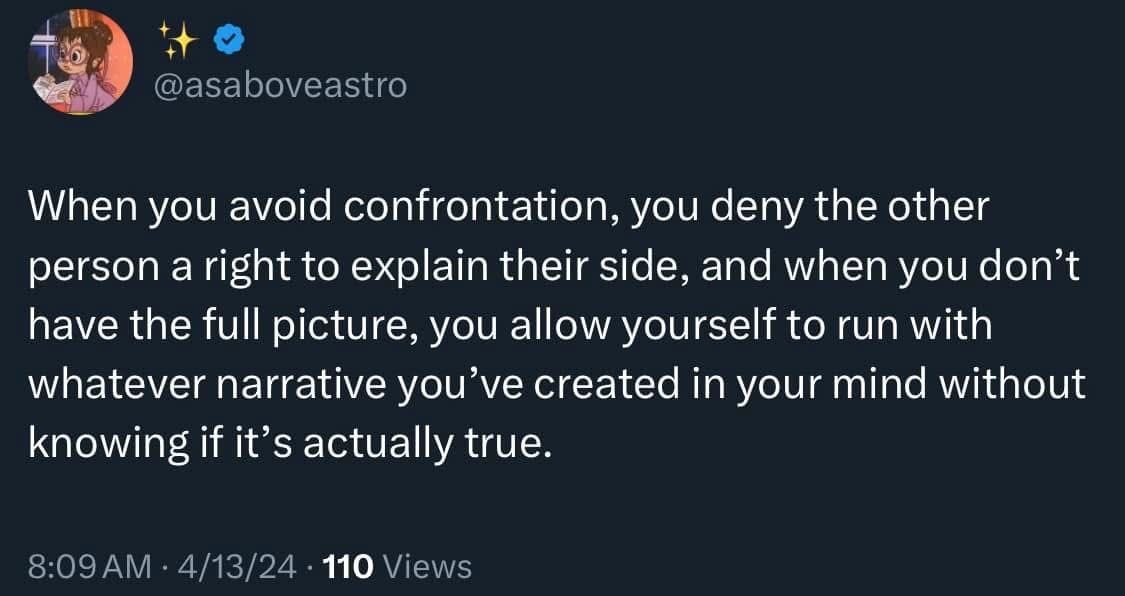
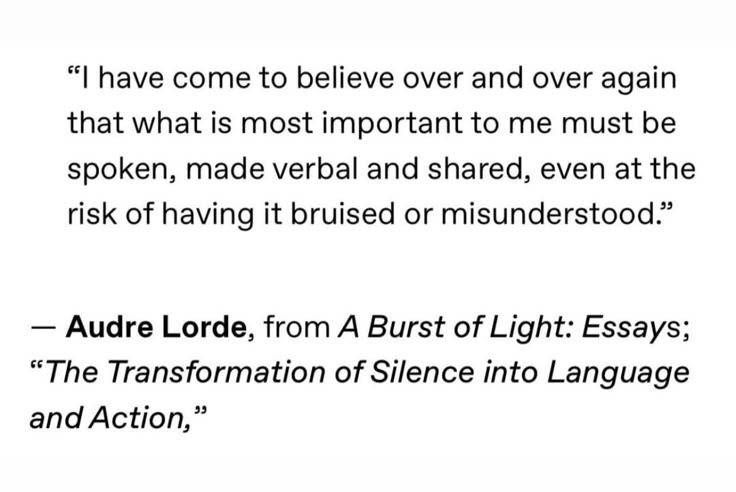
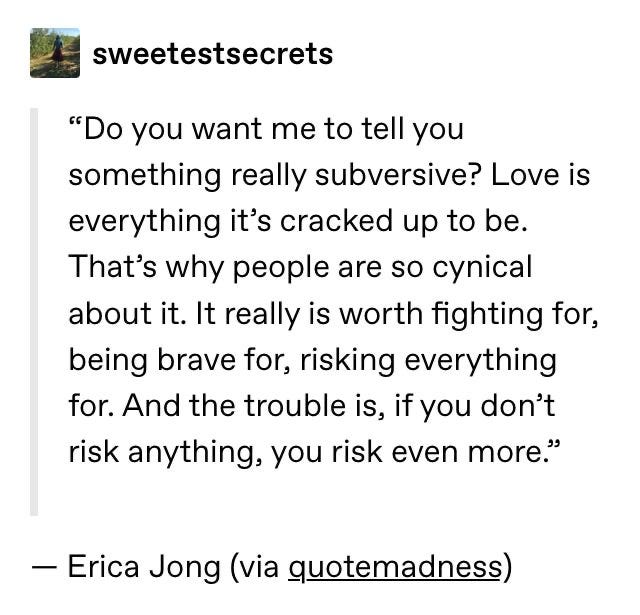
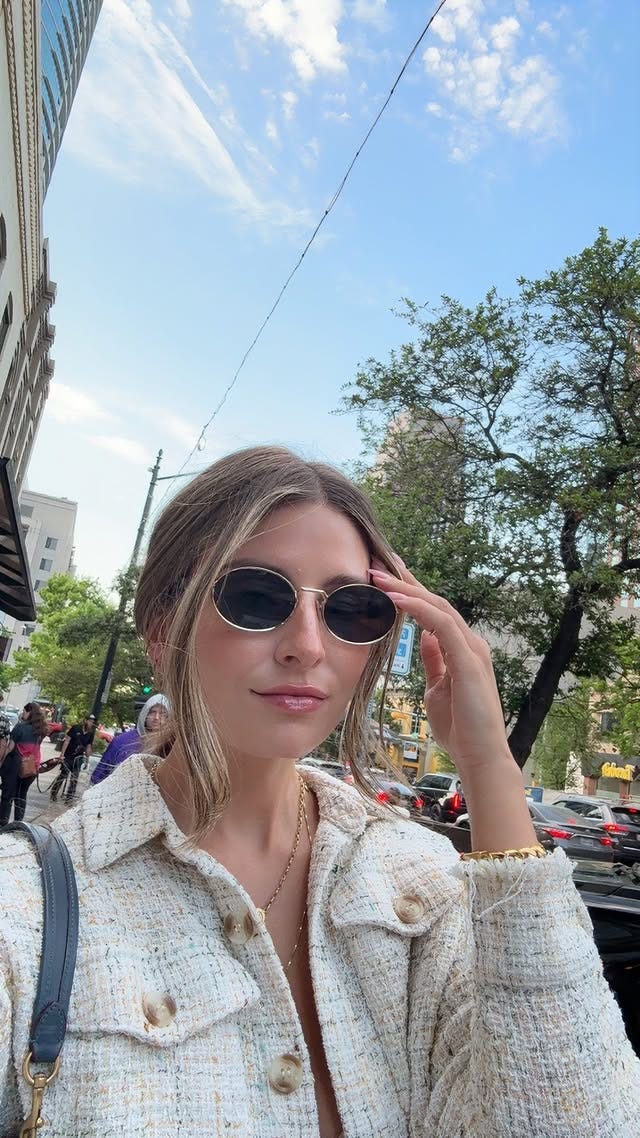
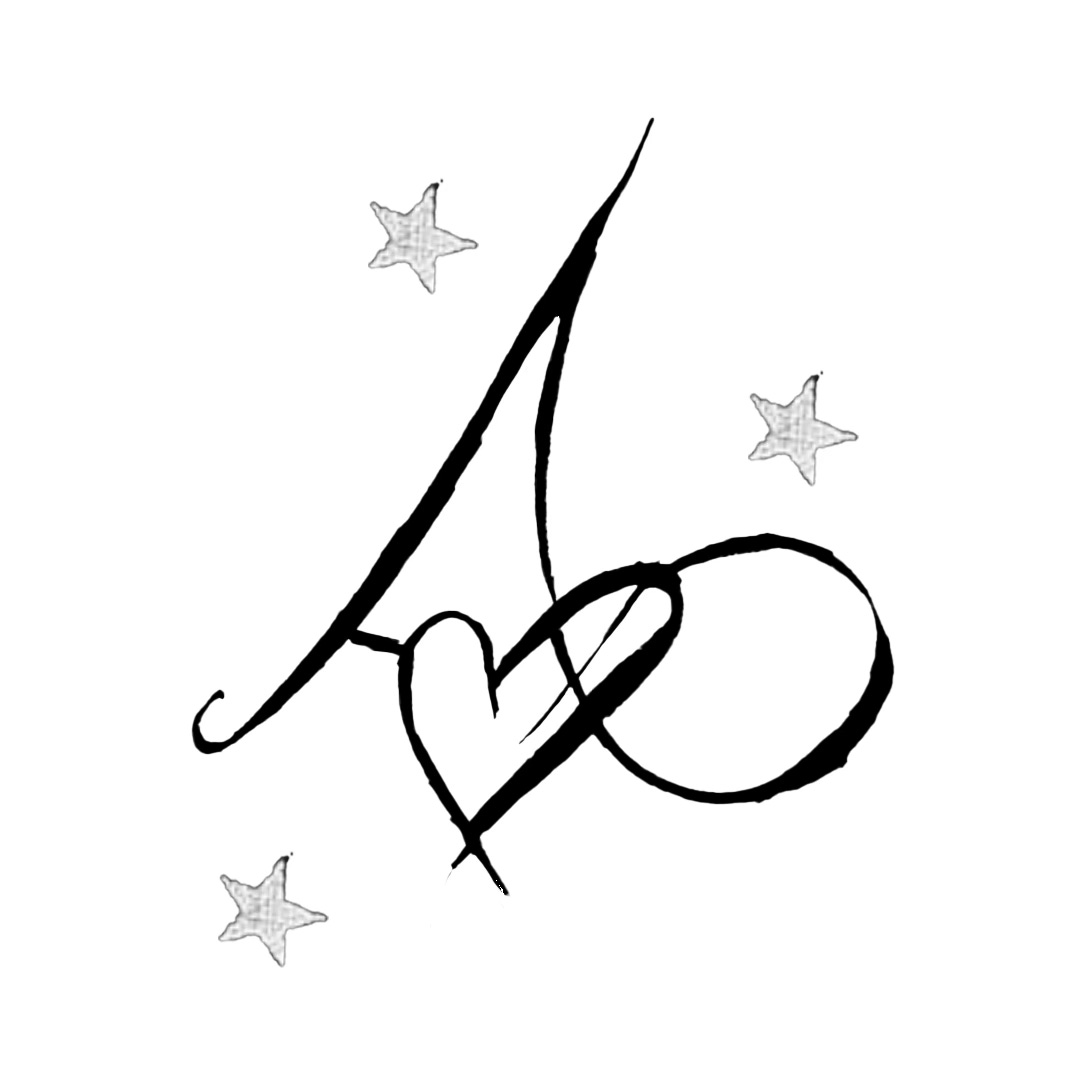
I feel like you shone a torchlight on all the messy bits inside of me. Thank you for this piece.
THIS LINE "Instead, all my life I have attempted to connect, deeply, with people I love, with complete selflessness, and would often inevitably meet with a sort of invisible wall (which I kept trying to climb). This is not a gift." FELT LIKE A SUCKER PUNCH TO MY GUT.